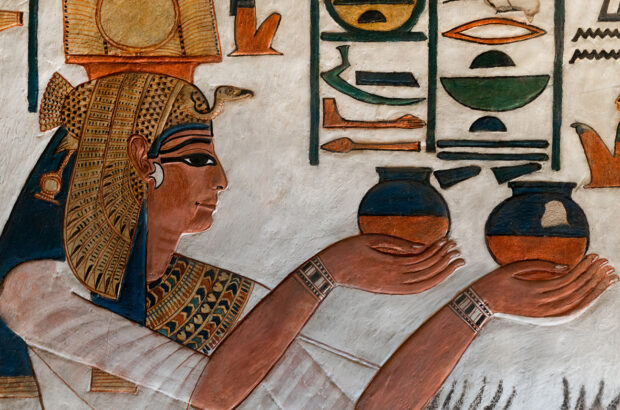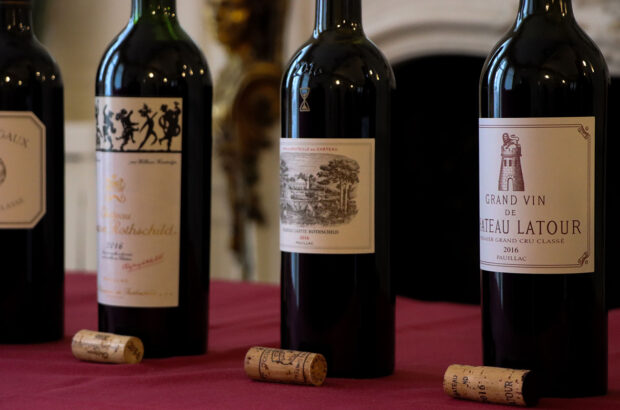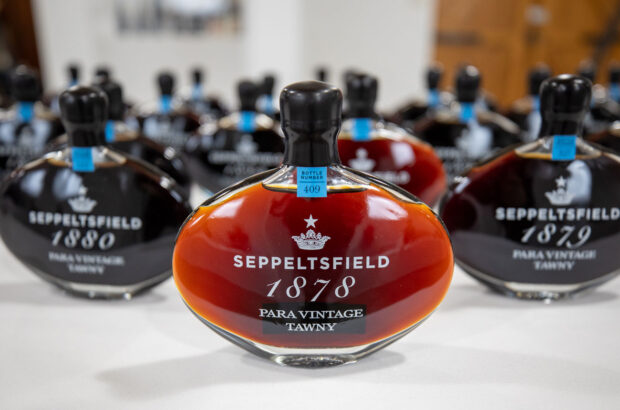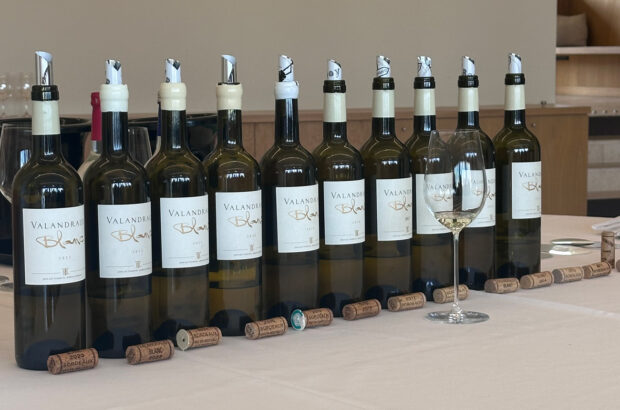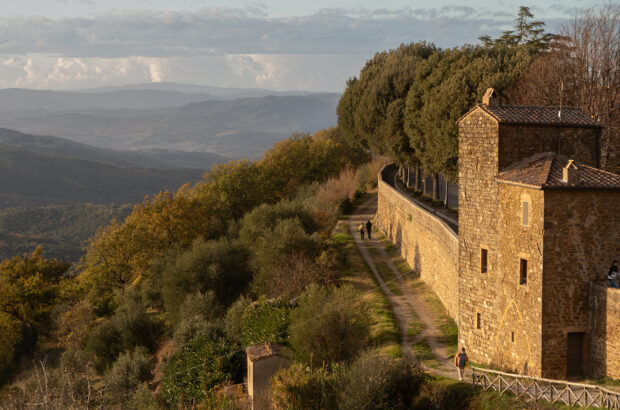The concept is new; a colourful consumer magazine for people serious about their wine but not claiming to be experts. I’m drafting an article (sadly I’ve lost it) intended to entertain first and enlighten second. And just down the road more scissors and Cow gum are putting together another new magazine: The Garden.
As well as being a confirmed toper I have a bit of a name as a tiller of the soil. Also as a magazine man. I started my career on Vogue and for two heady years succeeded the notorious Jocelyn Stevens as editor of Queen. At the time the financial world was in poor shape: 1974 was Oil Crisis year. The RHS was feeling shaky; I was given the responsibility of transforming its (frankly boring) Journal of the Royal Horticultural Society, then in its 100th annual volume, into a magazine for all gardeners – or at least all aspiring and literate ones.
In the 1970s, Bordeaux only gave us two really good vintages, though many glorious wines were made in Germany. Winemaking was a more primitive affair; many wines were considered ‘good but needs keeping’, whereas today we would stop troublesome acids and tannins from getting out of line. So Decanter was born into a less knowledgeable world, a simpler one – one with much less money swilling around. Fine wine was already starting to be a millionaire pastime. At one tasting I took part in, eight 19th-century vintages of Château d’Yquem were opened. Verdict: 1847 was best. So what? The whole party virtually ignored the others, each of which would have been the centrepiece of an evening.
But you’ve got me on my hobby horse. I don’t like tastings that try to elect a ‘winner’. Among wine lovers the goal should be simply appreciation, sharing the qualities we enjoy in each wine… and even glossing over the shortcomings. Which brings me, inevitably, to scoring wines by points out of a hundred, which Decanter was virtually forced to do after Robert Parker introduced the idea. It was no secret then, though probably forgotten now, that I fought with what I called ‘the dictator of taste in Baltimore’. Like the whole wine trade, I write scores in some form or other on a tasting sheet. I used to use alpha, alpha minus, beta etc as an indication of my reaction. But it’s hard to stand up in a tidal wave.
In tasting rooms these days I put the bottles on the bench in a straight line, then either bring them forward or push them back as I taste them. It forms a clear picture of preferences, which everyone can then discuss. One German magazine, I remember, when the tasting was done, measured the remaining contents of the bottles with a tape measure. The emptiest won. What’s wrong with hedonism? Long live Decanter!




